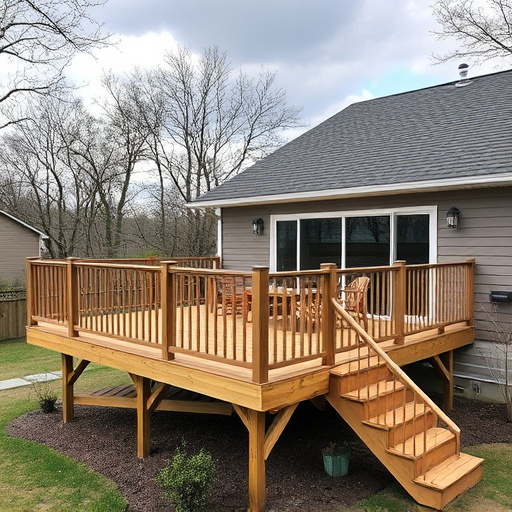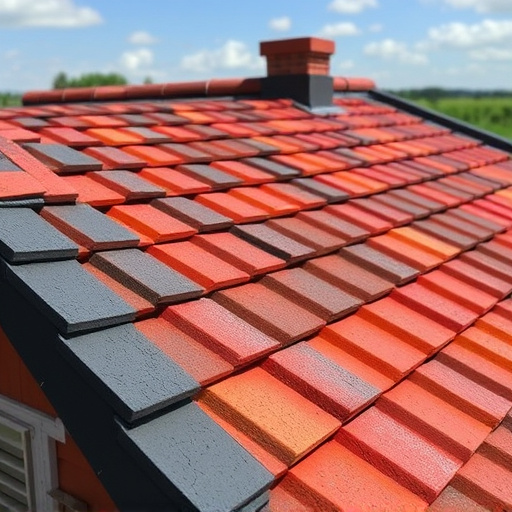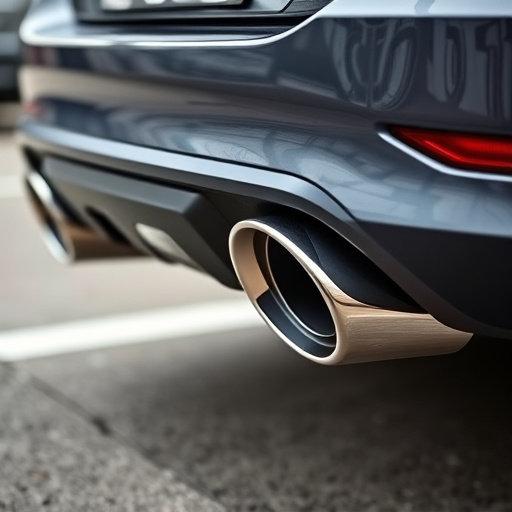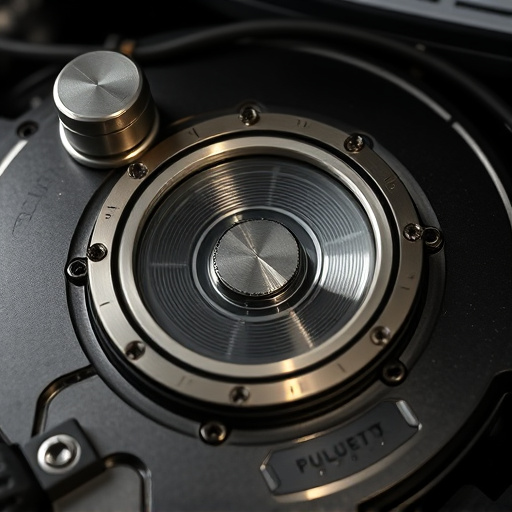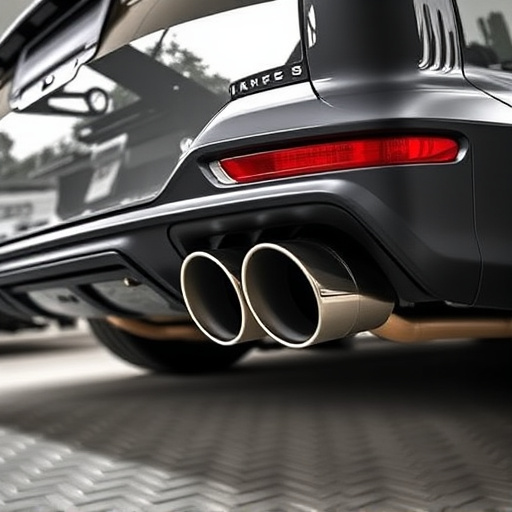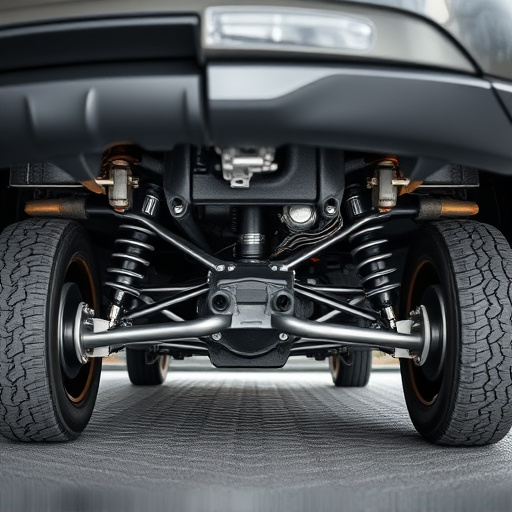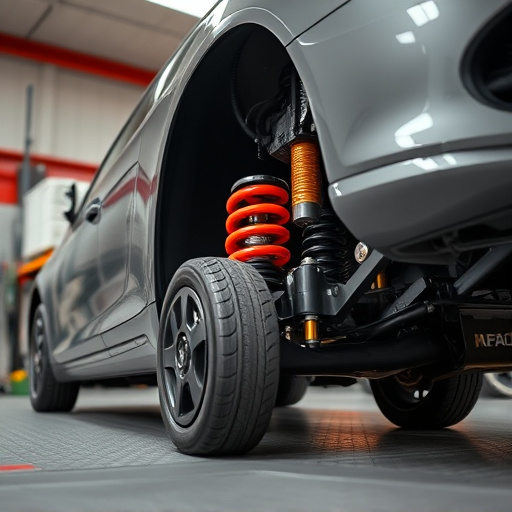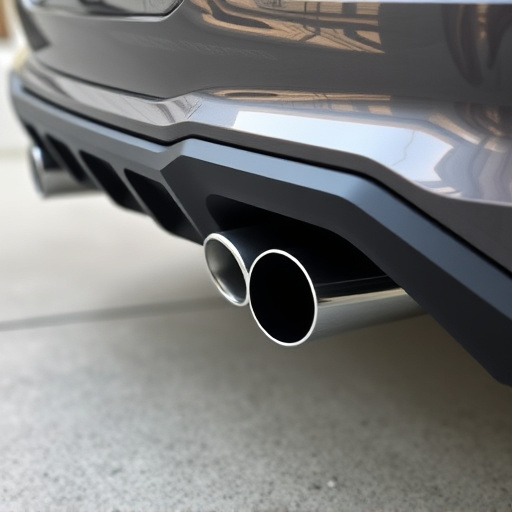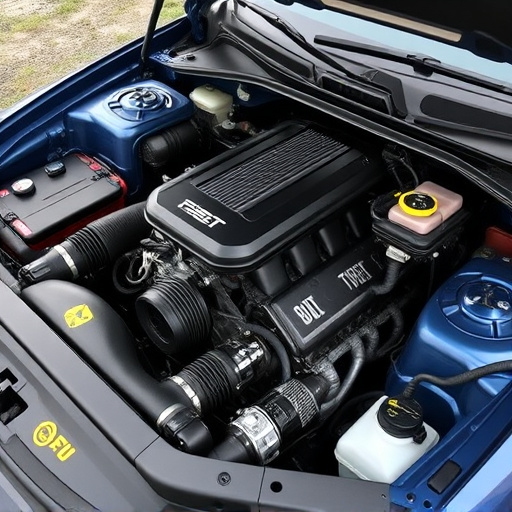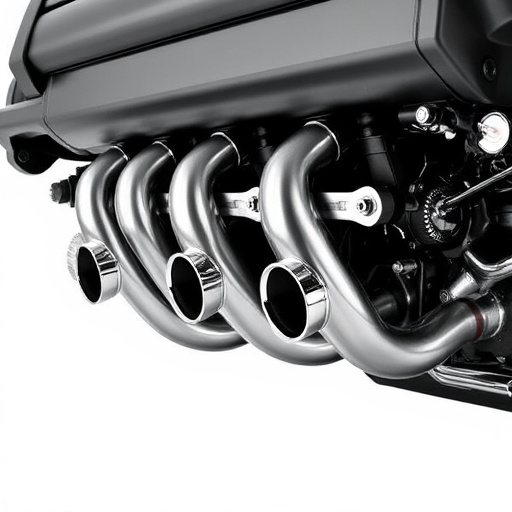Air filters degrade over time, impacting vehicle performance, fuel efficiency, and indoor air quality. Regular replacement, as per manufacturer guidelines, is essential for maintaining optimal engine health, comfort, and energy efficiency. Clogged filters can cause respiratory issues, increase allergy symptoms, and accelerate wear on system components, leading to higher energy bills and inconsistent temperatures. Prompt filter replacements are vital to prevent a "drop in air filter" effect, ensuring clean air, efficient systems, and a healthy living environment.
Is your home experiencing a decline in indoor air quality and comfort? It might be time to replace your air filter. A clogged or outdated filter can exacerbate allergies, asthma, and musty odors, while also decreasing heating and cooling efficiency. By understanding the top signs—including frequent drops in air filter performance, visible damage, and the need for more frequent changes—you can ensure optimal home comfort year-round. Regularly replacing your air filter is key to maintaining a healthy living environment.
- Declining Air Quality and Performance
- – Discuss the impact of a clogged air filter on indoor air quality and home comfort.
- – Mention symptoms like increased allergy/asthma issues, musty odors, and decreased heating/cooling efficiency.
Declining Air Quality and Performance
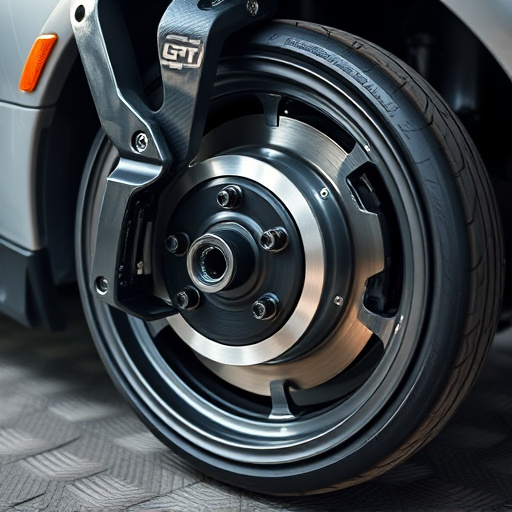
Over time, an air filter’s efficiency can significantly deteriorate, leading to a noticeable drop in air quality inside your vehicle. As the filter becomes clogged with dust, dirt, and other contaminants, it struggles to allow clean air into the engine, which is essential for optimal performance. This decline in airflow can result in reduced fuel efficiency, as the engine works harder to draw in enough oxygen-rich air. Not only that, but poor air quality inside the cabin can cause discomfort for passengers, leading to symptoms like sneezing, coughing, or even respiratory issues.
A compromised air filter can also negatively impact your vehicle’s overall performance exhaust system, including components like the cat back exhaust and intake parts. These systems rely on a steady stream of clean air to function efficiently. When airflow is hindered, it can cause imbalances in the engine’s combustion process, leading to decreased power output and potentially damaging the engine over time. Regularly checking and replacing your air filter as recommended by the manufacturer is crucial to maintaining a healthy balance between air quality, engine performance, and overall vehicle health.
– Discuss the impact of a clogged air filter on indoor air quality and home comfort.

A clogged air filter can significantly impact your home’s indoor air quality and overall comfort. When an air filter becomes obstructed with dirt, dust, and other debris, it restricts the flow of fresh air into your living spaces. This not only reduces the efficiency of your heating or cooling systems but also circulates contaminated air throughout your house. As a result, you may experience increased energy bills due to the added strain on your HVAC (heating, ventilation, and air conditioning) system, as well as reduced air quality that can lead to respiratory issues or allergies.
Moreover, neglecting regular filter replacements can cause other components in your system, such as cold air intakes, muffler tips, or suspension kits (depending on the type of system), to wear out faster due to the increased workload. A drop in air filter efficiency can create an unhealthy environment, so it’s crucial to monitor and replace filters according to the manufacturer’s recommendations to ensure optimal home comfort and clean air.
– Mention symptoms like increased allergy/asthma issues, musty odors, and decreased heating/cooling efficiency.
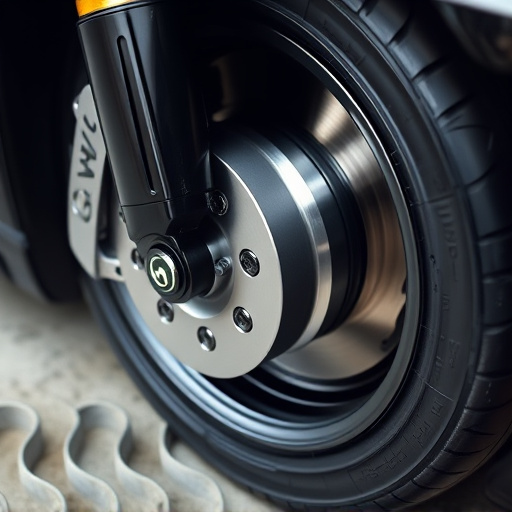
If you’ve noticed a sudden increase in allergy or asthma symptoms, such as sneezing, coughing, or difficulty breathing, it could be a sign that your air filter needs replacing. Poor indoor air quality caused by a clogged or old filter can aggravate these conditions, making it more challenging to find relief. Additionally, musty odors throughout your home are another common indicator—a telltale sign that dust, allergens, and other pollutants have been circulating freely due to reduced filtration.
The efficiency of your heating and cooling system may also suffer when the air filter is no longer in optimal condition. A drop in performance exhaust could mean that the system has to work harder to distribute conditioned air throughout the house, leading to higher energy bills. This can manifest as uncomfortable indoor temperatures or inconsistent cooling/heating zones, especially if you’ve recently installed suspension kits or muffler tips that affect airflow dynamics.
If you’ve noticed a decline in your home’s indoor air quality or experienced symptoms like increased allergy flare-ups, musty odors, or reduced heating and cooling performance, it might be time to consider replacing your air filter. A drop in air filter efficiency can significantly impact your comfort and health, making regular replacement an essential part of maintaining a clean and healthy living environment.
